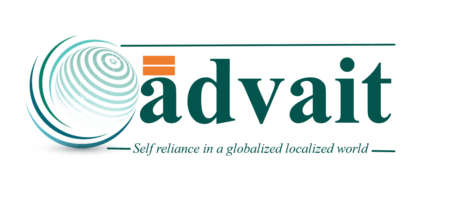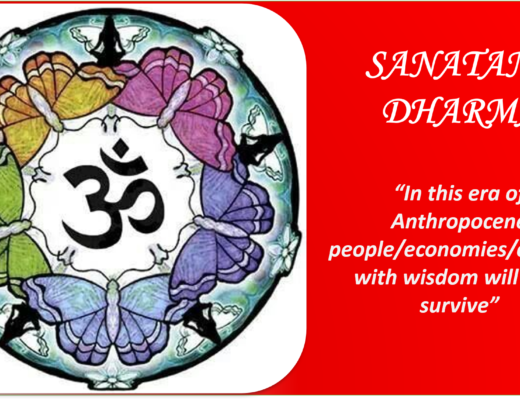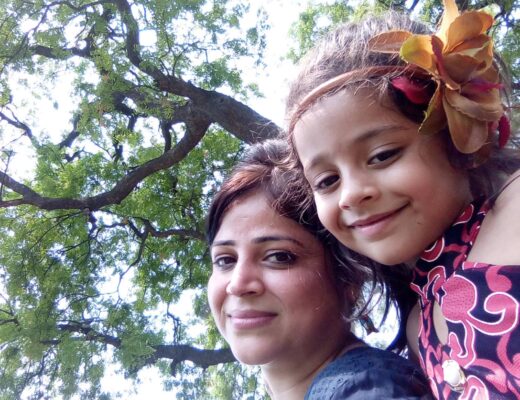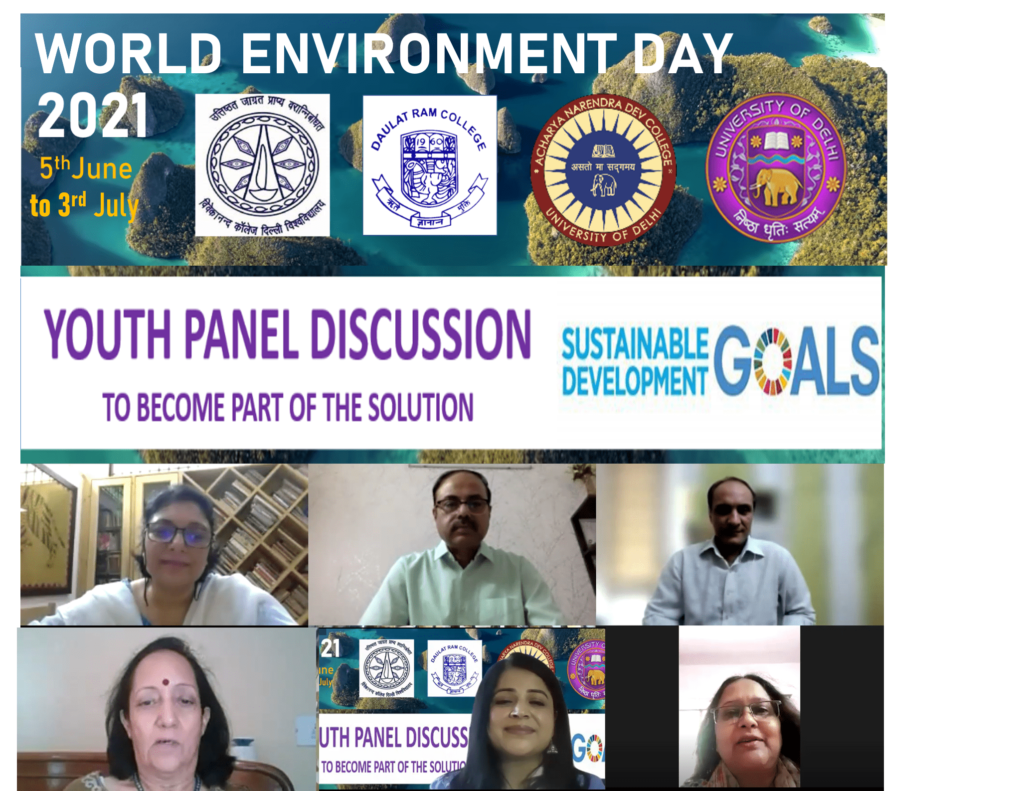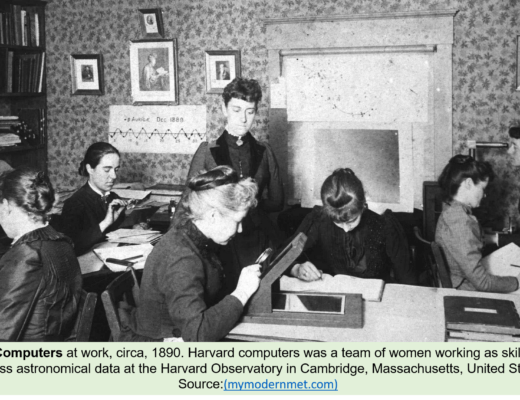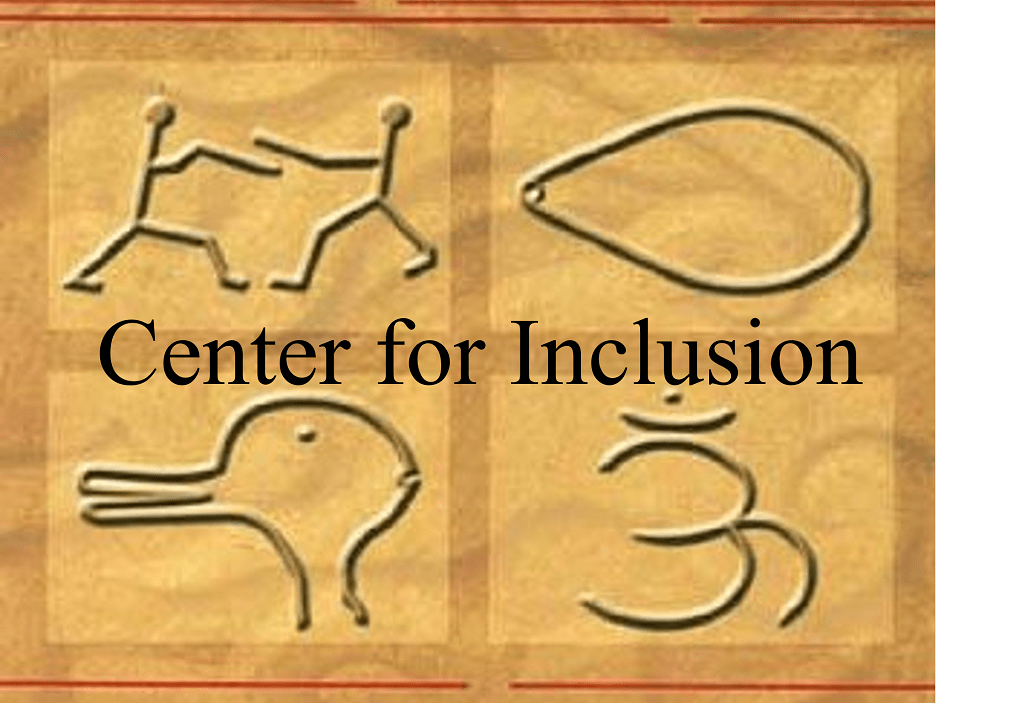Centre for Inclusion (hereafter CFI) strives to make the discourse on inclusion easy to understand to varied stakeholders from the laypersons at the grassroots to upper echelons of decision makers.
One of the current activities of CFI under physiological inclusion will be:1. for Persons with Disabilities where the project is titled: Assessing ‘access’ in the built environment in the light of the passage of the Persons with Disabilities Act 2016 in India2. for persons living with Multiple Sclerosis (MS) in India where the project is titled: Developing strategies involving Artificial Intelligence via Patient led pathways in India
Under the theme Financial Inclusion; CFI is currently working on a project titled: Creation of an ecosystem contracts of a static labour force using Distributed Ledger Technologies (also known as Blockchain) Work on Gender is carried out by the Centre for Women Policy Research (CWPR). Police Public Partnerships are also carried out by CWPR.
Inclusion is an important discourse in modern society. A proper inclusive society will ensure the quality of life envisaged and dignity of human existence enshrined is so many of our modern doctrines found nationally, like the Constitution of India or internationally, like the Universal Declaration of Human Rights in the United Nations.
However human, social and environmental indicators are not improving, affecting quality of life and human dignity adversely.
One reason for this are contradictory positions taken by key stakeholders and nebulous definitions of core concepts.
To resolve the conundrum, Centre for Inclusion invokes using the following two principles:1. Intelligible Differentia: creating a narrative of Inclusion based on Intelligible Differentia2. Neighbourhood Resilience: This is a multi-stakeholder resilience framework which connects the grassroots of functional society like a neighbourhood to higher echelons of decision making.
1. In legal parlance the expression “intelligible differentia” means difference capable of being understood. Utilizing the concept of intelligible differentia CFI will categorise inclusion on the following themes: a. physiological: Gender, Age and Disability (GAD) is a major lens the center will advocate; this concept is tied to a pivotal pathway of instilling inclusive and sustainable development; and accomplishing Sustainable Development Goals (SDGs).b. financial: This is primarily about financial inclusion. While poverty alleviation is an important aspect of financial inclusion our research has shown that a large part is caused due to non availability of formal contracts. This is a primary reason that as of 2020 more than 80 percent of the workforce is informal. c. social (also includes ideological): here the important work is in advocacy of free speech.
This method makes it easier to create clear strategies and identify priorities.
2. Neighbourhood Resilience: This is a multi-stakeholder resilience framework which connects the grassroots of functional society like a neighbourhood to higher echelons of decision making. The central purpose of the framework is to instill effective local governance via inculcating free discourse on various issues in a constructive fashion. The Police Public Partnerships are interventions inculcating Neighbourhood Resilience. Freedom of expression (including taking the ‘red pill’, meaning stating unpleasant truths) is an important cornerstone in this discourse.

